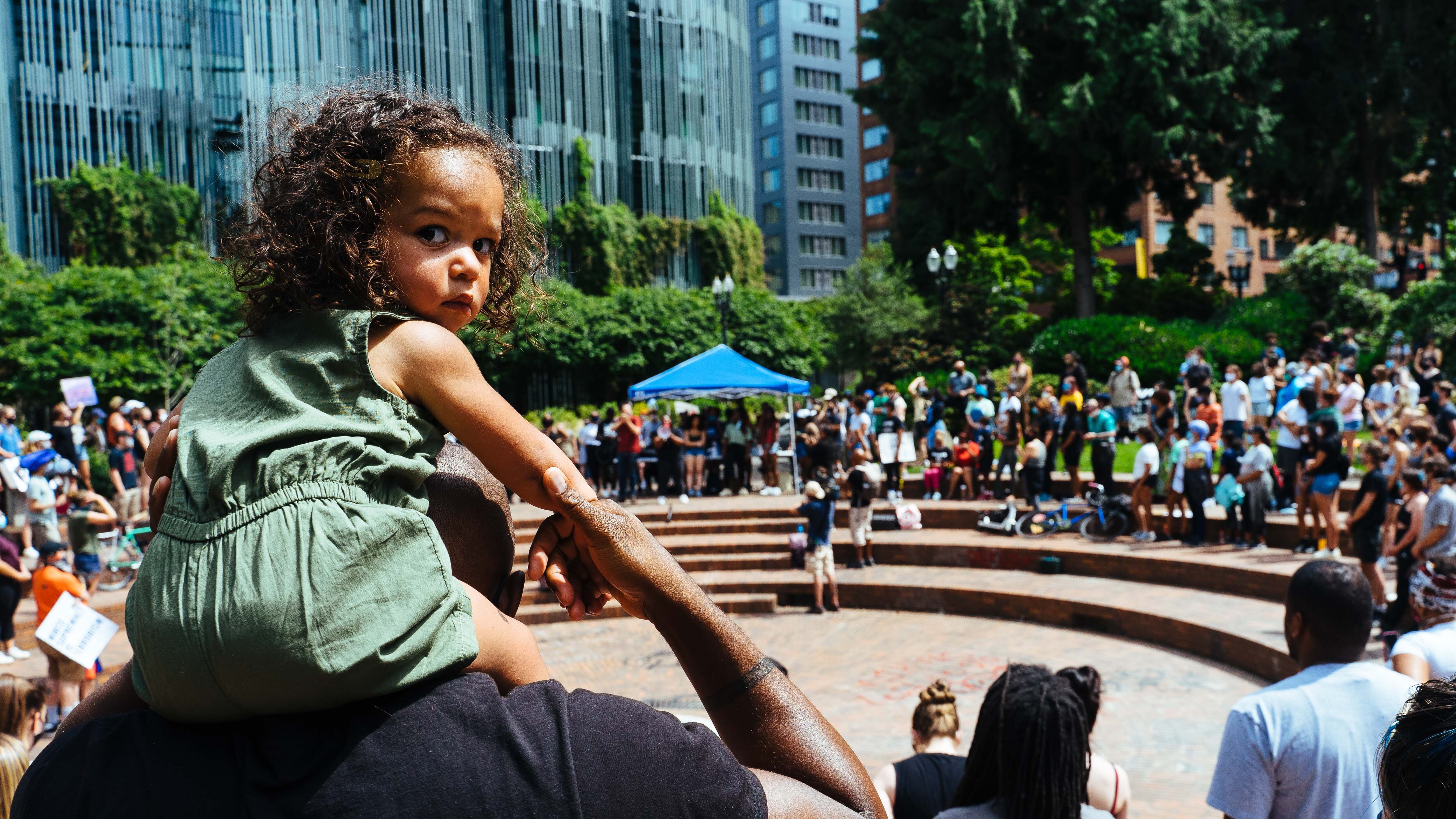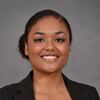WW presents "Distant Voices," a daily video interview for the era of social distancing. Our reporters are asking Portlanders what they're doing during quarantine.
Markisha Smith is fed up with hearing the system is broken.
"The system isn't broken," she says, then chuckles. "It works. But it works for folks that it was designed to work for."
Smith's job is to shift power in Portland City Hall—so that civic systems work for different people. She runs the city's Office of Equity and Human Rights, an often-overlooked department. Her task? Provide training and strategies for all city bureaus so their employees can remove barriers that keep people of color and people with disabilities from participating in Portland government.
As WW wrote in last week's print edition, that work is suddenly in the spotlight. City officials are besieged by protesters decrying racist policing practices—and the mayor is looking to Smith for guidance.
She sees that as a tremendous opportunity.
In an interview with WW reporter Latisha Jensen, Smith describes what her work is. She also offers a primer to the philosophy of intersectionality. That's a term many readers may be unfamiliar with—or heard disparaged by its many critics. Smith explains what it means to her: recognizing that some people face more obstacles than others, and working to remove them.

